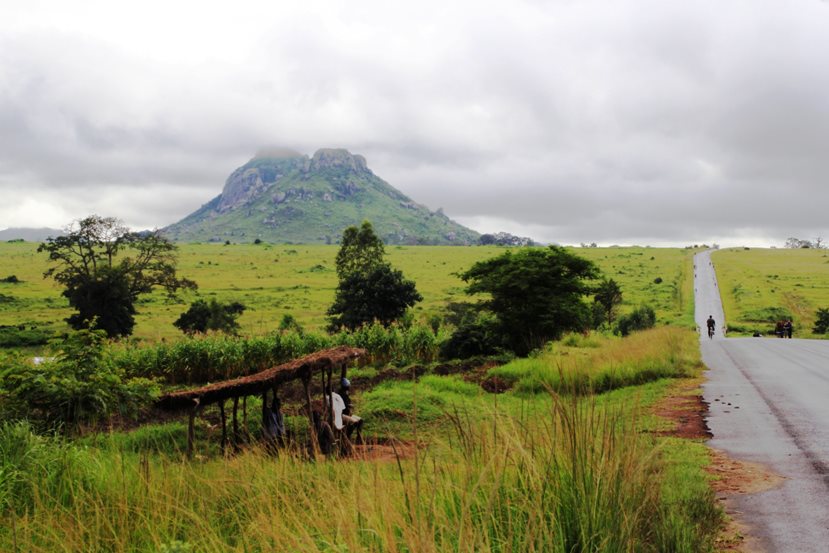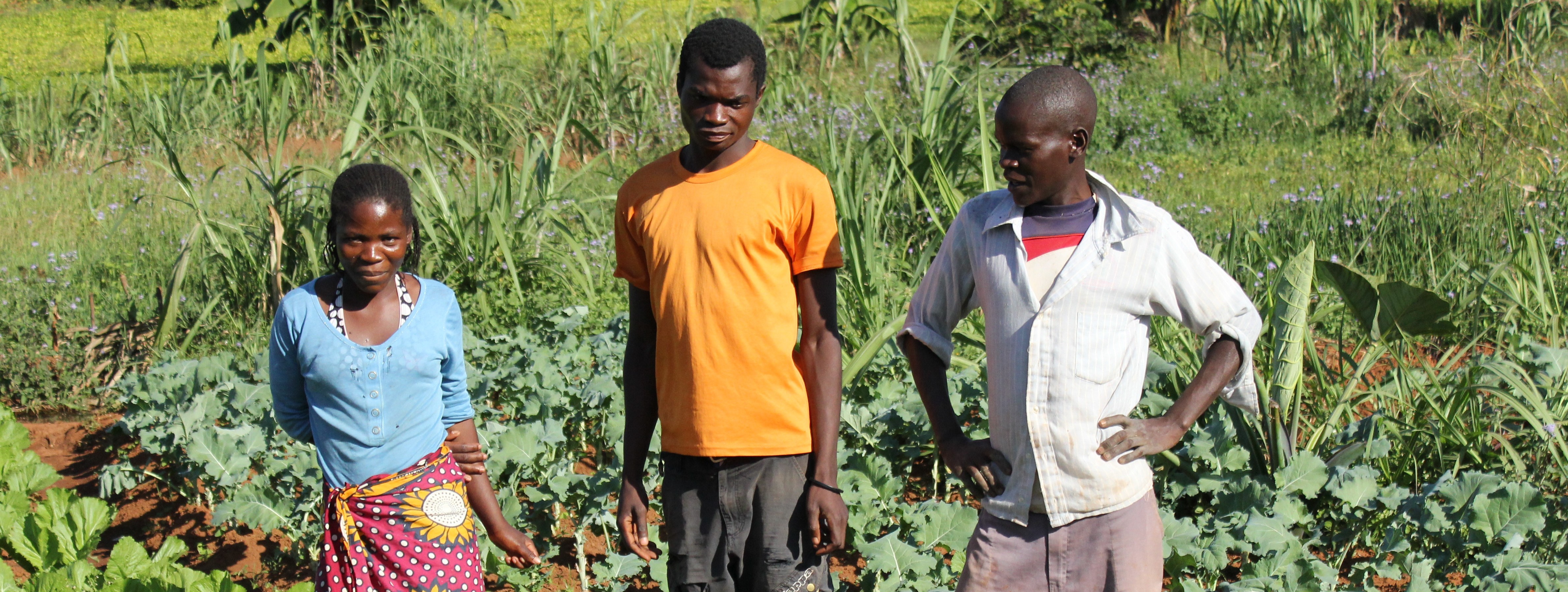Malawi is one of the poorest countries in the world, with over 84% of the population living in rural areas. The average life expectancy is just 55 years, and the country has been hard hit by the HIV/AIDS epidemic.

We work in two of the poorest areas of Malawi: Thyolo and Mulanje. Both of these areas are characterised by extremely high levels of poverty, combined with poor health services and a lack of awareness about HIV/AIDS and TB.
Community empowerment in Mulanje
The Mulanje District of Malawi is particularly poor, even by Malawian standards, and in this densely populated area, many people are struggling to feed their families. This food insecurity has an even greater impact on those living with TB, drug-resistant TB and TB-HIV co-infection. TB Alert’s community empowerment project builds on the World Health Organization’s TB ENGAGE approach, which recognises that the best way to reach a community is from within that community. This integrated community-based approach covers all aspects of TB, including prevention, diagnosis, treatment and care.
Working together on TB and HIV
TB Alert’s project in Thyolo covers nearly a quarter of the total number of people in Malawi who are living with HIV, a condition which leaves them at increased risk of TB. The project raises awareness of both TB and HIV, supports improved and integrated TB-HIV services, and provides practical assistance for families affected by TB and HIV.

